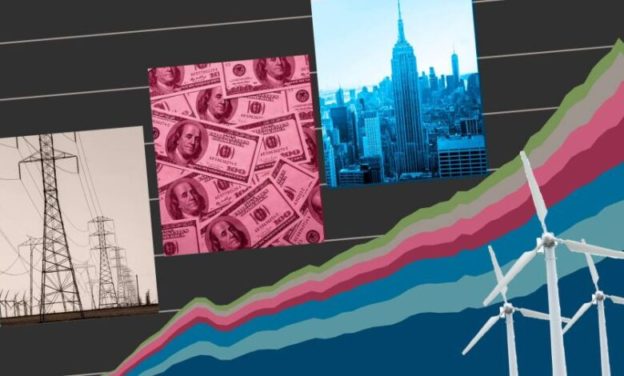The private capital business has grown to greater than $7tn because of demand for higher-returning however expensive and opaque methods, spurring the likes of Schroders and JPMorgan to launch new divisions and sending others on the prowl for acquisitions.
Though nonetheless dwarfed by the standard asset administration business — which primarily invests in mainstream, public fairness and bond markets — explosive development in areas equivalent to non-public fairness lifted the dimensions of the general non-public capital business to $7.4tn on the finish of 2020, in response to Morgan Stanley. The financial institution expects it to hit $13tn by 2025.
Personal capital is now growing as quickly as low-cost, index-tracking passive investing, prompting many large asset administration teams to develop their operations within the space to counteract the revenue pressures on conventional investing avenues.
Schroders, the UK’s greatest listed funding group, earlier this week announced it will consolidate all of its non-public capital automobiles into a brand new entity referred to as Schroders Capital. At an investor occasion, it additionally vowed to double the dimensions of these belongings to £86bn by the tip of 2025, Barclays famous.
“Platforms are going to be key to what I name the ‘industrialisation’ of personal markets,” stated Georg Wunderlin, world head of Schroders Capital. “We’re possibly 15 years behind public markets, however the business is maturing in an identical manner.”

JPMorgan Asset Administration additionally arrange a brand new division this week named JPMorgan Private Capital to deal with its operations on this space, whereas different funding teams have stated they’re on the lookout for acquisitions to jump-start their work.
“It’s one thing that we’re evaluating,” Robert Sharps, T Rowe Worth’s president and chief funding officer, stated on the firm’s annual shareholders’ assembly final month. “The development towards larger allocation to illiquid methods and personal belongings amongst a lot of our purchasers is just not one thing that’s misplaced on us.”
Business insiders say that the most important drivers of the urge for food for personal capital investments are the low rate of interest surroundings and lofty inventory market valuations, which have dimmed the outlook for future returns from these asset lessons. On the similar time, non-public markets are much less unstable as they commerce solely not often and valuations will be extra subjective, an opacity that really will increase their lustre to many traders.
For a lot of funding teams, below stress from the exploding reputation of low-cost, passive funds, the urge for food is a large boon, Morgan Stanley analysts famous in a report on Thursday.
“For conventional asset managers, charges can be comparatively more durable to defend given the commoditisation of the business and present margin challenges,” the report famous. “In consequence, we count on conventional asset managers to make use of these levers extra to defend present income swimming pools whereas leaning into options with its fatter payment pool and personal markets with its larger structural development.”
Private equity nonetheless accounts for the most important chunk of the non-public capital universe, with belongings of greater than $3tn, however it’s rising extra slowly than areas equivalent to non-public credit score, funds that circumvent banks and make bespoke loans on to corporations, and infrastructure.
Nevertheless, the fastest-growing nook is so-called “growth equity”, which usually includes investing in corporations which might be too large to faucet basic enterprise capital companies, however unwilling to go public or promote fully to personal fairness.
Development fairness accounted for 14 per cent of the non-public capital business on the finish of final 12 months, up from 5 per cent in 2005, in response to Morgan Stanley. JPMorgan Asset Administration earlier this week stated it had poached Christopher Dawe from Goldman Sachs to guide a brand new development fairness funding arm, as a part of its broader push into non-public capital.
“Development fairness and personal debt are among the many fastest-growing asset lessons within the options business, with sturdy demand from each particular person and institutional traders to look past public markets,” Brian Carlin, chief govt of the newly-established JPMorgan Personal Capital, stated in an announcement.
The private capital business has amassed virtually $2.5tn of “dry powder” — cash dedicated to funds by traders however not but deployed. This has underscored the ferocious competitors for engaging offers, and led some analysts to warn that returns can not stay as buoyant as they’ve been traditionally.
https://amp.ft.com/content/4d0e6f18-2d56-4175-98c5-e13559bdbc25





